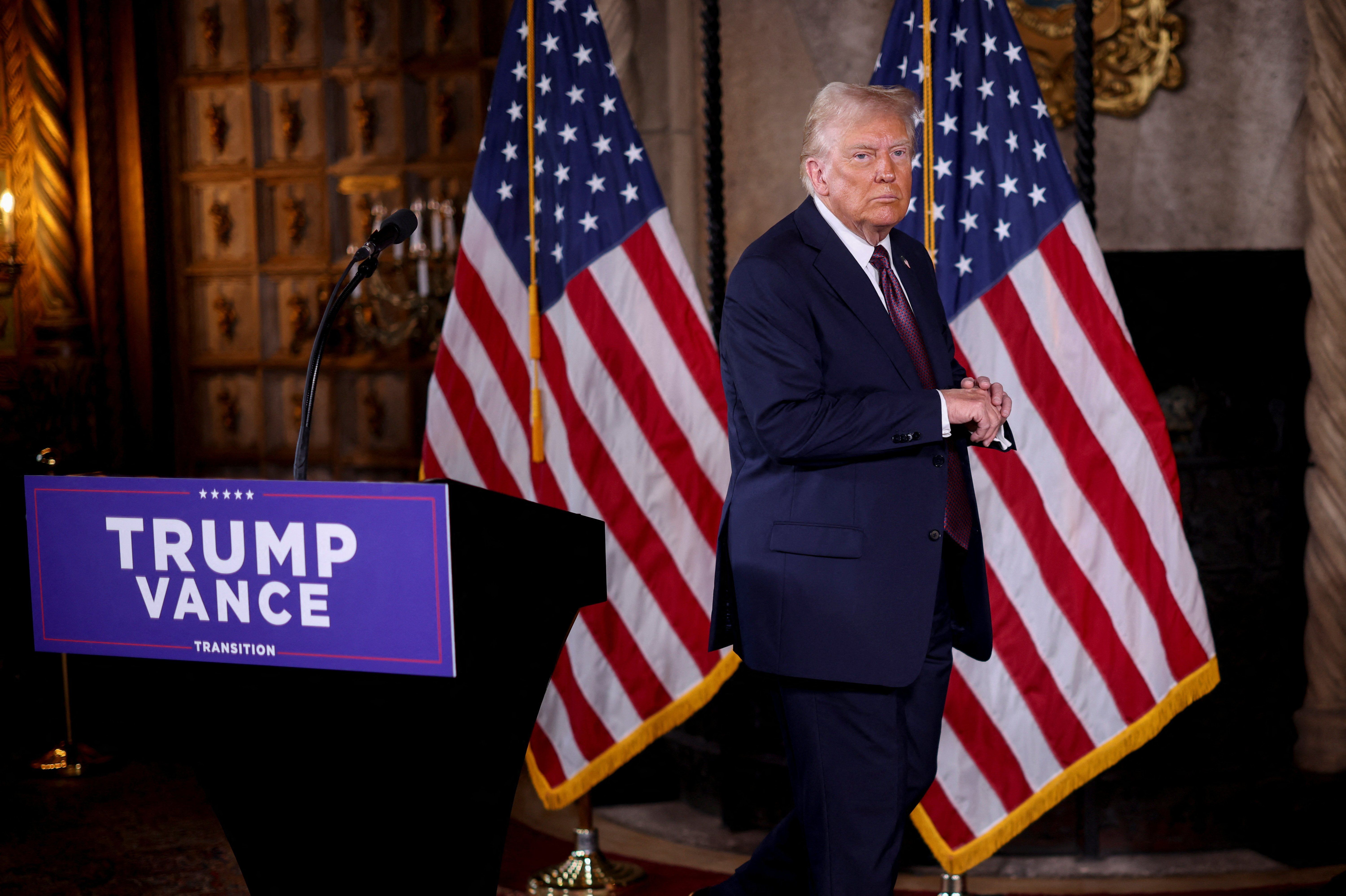The conservative editorial board of the Wall Street Journal has a dire warning for President Donald Trump: don't make the same mistakes on trade policy you did in your last term.
Trump opened his term with massive tariff threats against Canada and Mexico, sparking economists' fears of a sharp shock to consumer prices. At the last minute, he punted those tariffs to next month. But now he is moving for another 25 percent tariff on steel and aluminum imports.
But he's already gone down this road, the board noted. And the consequences were disastrous.
"In March 2018, Mr. Trump announced 25% tariffs on steel and 10% on aluminum under the pretext of protecting national security. Then, as now, most U.S. metal imports came from allies including Canada, Mexico, Europe, South Korea and Japan," wrote the board.
Trump claimed at the time it was important to increase domestic production. But, the board added, "U.S. production was already increasing amid a surge in capital investment unleashed by his deregulation and 2017 tax reform. U.S. steel capacity utilization climbed to 78.5% in March 2018 from 72.4% in December 2016."
ALSO READ: 'Hero': Latest school shooter celebrated as followers float copycat plans
In fact, Trump was just trying to boost the profits of domestic steel producers. The problem, wrote the board, is that companies that use steel employ way more people than companies that produce steel — and those companies, faced with higher prices as a result of the tariffs, had to cut thousands of jobs.
For example, "consider Mid-Continent Steel and Wire, which produced roughly half of the nails made in the U.S," wrote the board. Sales plunged by more than half after tariffs were enacted and it laid off 80 workers. Another 120 quit fearing its Missouri factory might shutter.
The Commerce Department then granted the company a tariff exemption, wrote the board.
"Auto makers were another casualty. Ford Motor said tariffs subtracted $750 million from its bottom line in 2018, which reduced profit-sharing bonuses for each of its workers by $750. GM said the tariffs dented its profits by some $1 billion, equal to the pay of more than 10,000 employees," wrote the board.
Trump's new plans are even more draconian, the board warned — and the result is going to be the same.
"This is political rent-seeking at its most brazen, and it benefits the few at the expense of the many," the board concluded. "None of this matters to Mr. Trump, whose dogmatic views on tariffs can’t be turned by evidence. But we thought our readers would like to know the rest of the story."
